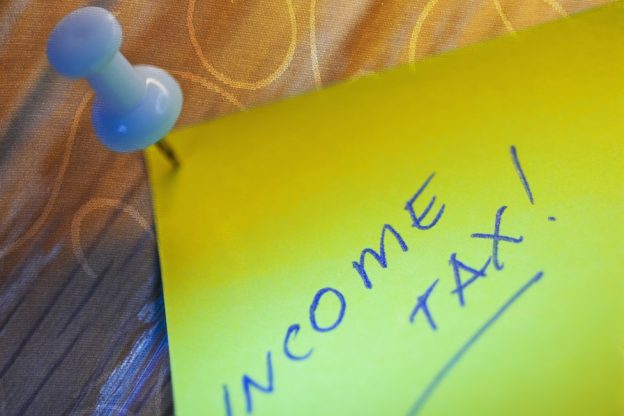
Hundreds of thousands more individuals may be faced with an unexpected tax bill on their cash savings due to the increase in interest rates.
Before the interest rates started to be increased in 2021 only those with substantial wealth and large nest eggs were subject to taxes on their savings interest.
Since the rates have increased it’s now possible for someone with savings of approximately £8,000 to unknowingly have a tax bill related to that income.
Although the Bank of England has maintained interest rates for the second consecutive time this last week there have been 14 consecutive increases that have propelled the official base rate from 0.1% at the end of December 2021 to its current level of 5.25%.
While borrowers have suffered from these rising rates savers have had the opportunity to secure accounts offering interest rates of 6% or more for several months.
This means that those who have managed to accumulate a substantial cash savings pot can finally generate a better income from their savings.
For savers this is good news but if the tax free personal savings allowance doesn’t cover your income from savings you may have an unexpected tax liability.
It’s not just savers this may affect with individuals who wouldn’t class themselves as well off but do have a lump sum set aside for emergencies or a rainy day potentially being impacted.
Personal Savings Allowance
The personal savings allowance allows basic rate taxpayers to receive up to £1,000 of interest each tax year without being subject to any income tax.
Higher rate taxpayers are eligible for up to £500 with additional rate taxpayers receiving no tax free savings allowance.
Until recently it was typically necessary to have a significant amount of savings in order to reach the £500 or £1,000 threshold.
However with current accounts offering interest rates of 5-6% it’s become much easier to unintentionally exceed these limits.
It’s important to note that exceeding the personal savings allowance limit can result in tax obligations.
Savers who anticipate going over their tax free personal allowances should be mindful of how much tax may be due on their cash savings and consider alternative options like a tax free cash ISA.
How do I pay tax on savings interest?
For individuals who are taxed under the PAYE system HMRC will calculate the amount of tax owed from savings based on information provided by banks and building societies.
HMRC will typically make adjustments to your tax code in the preceding tax year to recover the income tax owed.
Your tax code will normally be reduced to reflect the fact that you need to pay more tax because of your taxable savings income.
You should be notified of a tax code change by HMRC with an explanation of how your tax code has been calculated.
The HMRC app or your personal tax account are good places to find out what your tax code is and if HMRC have changed it to include taxable savings income.
Individuals who complete a self assessment tax return need to include their savings income on their tax return and pay any tax owed through the normal self assessment payment channels.





